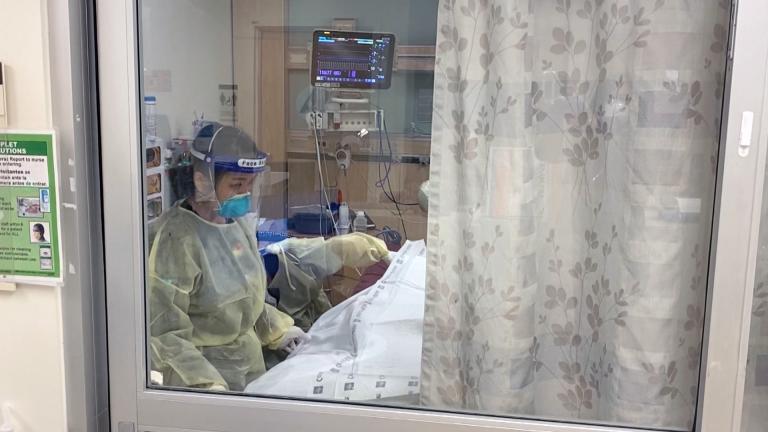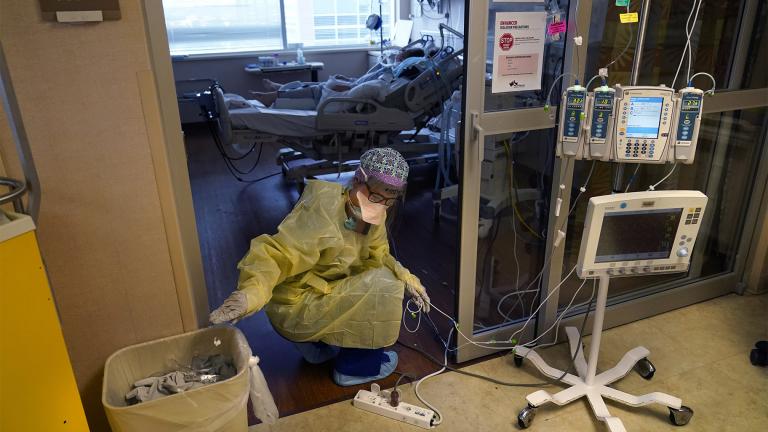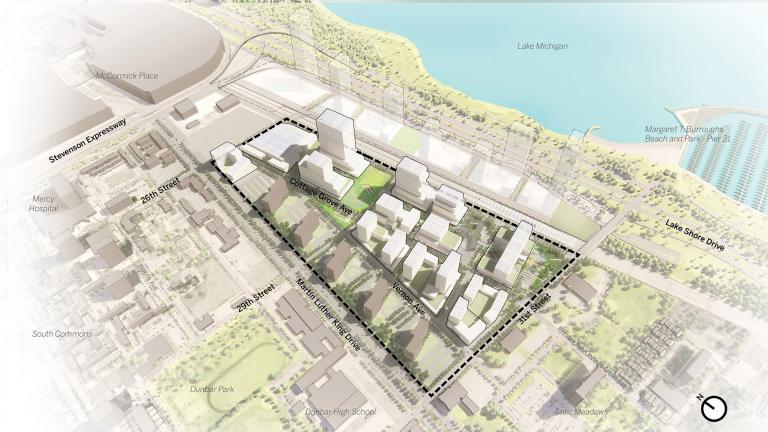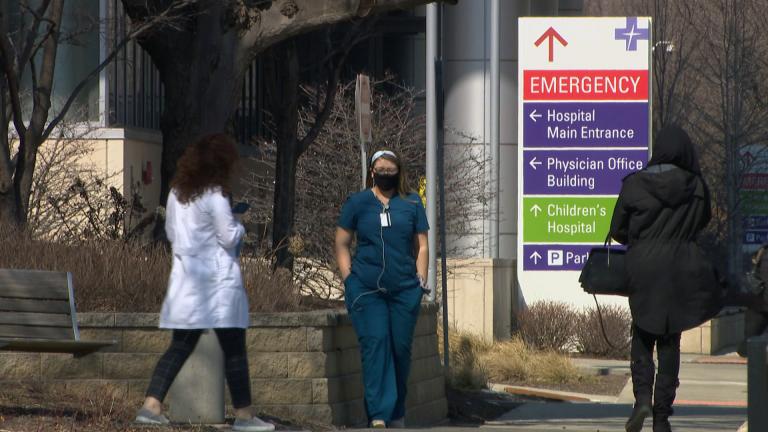One of Chicago’s oldest hospitals is set to close next year.
Last week, Mercy Hospital and Medical Center announced plans shut its doors by June 2021.
Earlier this year, it formed a coalition with three other South Side hospitals — South Shore, Advocate Trinity and St. Bernard — with plans to merge into one health care system. When the coalition didn’t receive necessary funding from the state in May, it disbanded.
Now, concerns of a health care desert on the South Side are resurfacing as residents prepare to find new providers.
“We’re basically looking at what we’re going to do as far as our immediate health care needs as far as COVID, and just the long-standing health care needs that arise in the Black and Brown community,” said Deborah Harris, the executive director of Action Now and the Action Now Institute. “We’re really just at a loss as far as what comes next.”
Once Mercy closes, the nearest hospitals for area residents will either be Provident Hospital of Cook County, which is about 3 miles away, and University of Chicago Medical Center, which is roughly 4 miles away.
“It’s a tragedy that this is happening,” said Dr. David Ansell, senior vice president for community health equity at Rush University Medical Center. “Easy access is a critical piece of this. The ER at Mercy is one of the busiest in the city with 44,000 visits, and I think about 1,800 deliveries. People in need are going to find themselves not close enough when they need care.”
In a statement, Mercy Hospital and Medical Center President Carol Schneider said the decision to discontinue services at Mercy “was not an easy one.”
“But patients on the South Side have unmet needs within the current system.The transformation from an inpatient model to one with greater access to outpatient services will better address the disparate outcomes in health from which our community suffers today,” the statement reads.
Mercy is the third hospital to close in the Chicago area recently. Last year, MetroSouth Hospital in Blue Island and Westlake in Melrose Park closed.
“The way we finance health care in the United States is upside down and it’s not based on community need, it’s based on profits,” Ansell said. The hospitals that are profitable stay open, while those that serve the sickest and the poorest patients have a much harder time, he said.
“All three of these hospitals serve Black populations and Black neighborhoods, and it’s part of when people talk about structural racism,” Ansell said.
The closure comes as Black and Brown communities are disproportionately contracting COVID-19 and dying while infected with it.
“The timing just was careless,” Harris said. “I understand that it was a hard closure. I can even kind of understand that monies weren’t there, but something should have been done — especially during a pandemic where we don’t know the foreseeable future, to make sure the hospital stayed open or even a direct plan of action.”
Ansell calls the pandemic, the Black Lives Matter movement and the impending unemployment rate a “trifecta” affecting Black communities.
“[They] target the exact same communities and put a tax on Black people who now have to seek care, have to go further,” Ansell said. “It perpetuates structural racism that disadvantages Black communities and Black people, rich, poor and otherwise, compared to those in advantaged communities, which tend to be wealthier communities and white communities. So It’s really unacceptable.”







